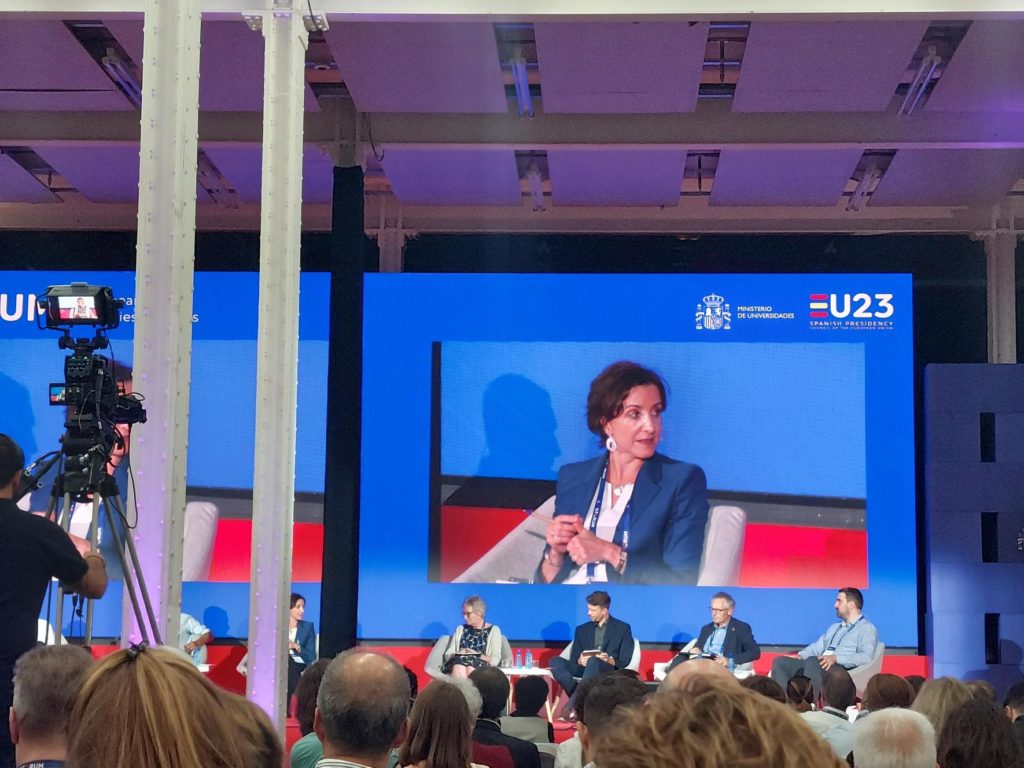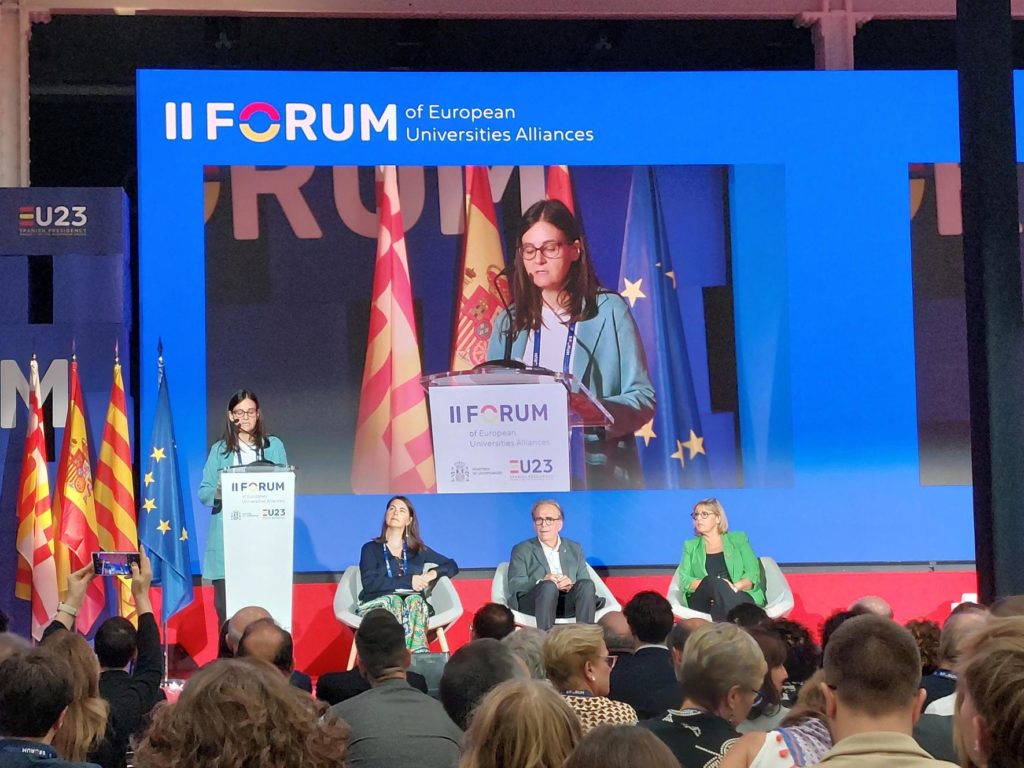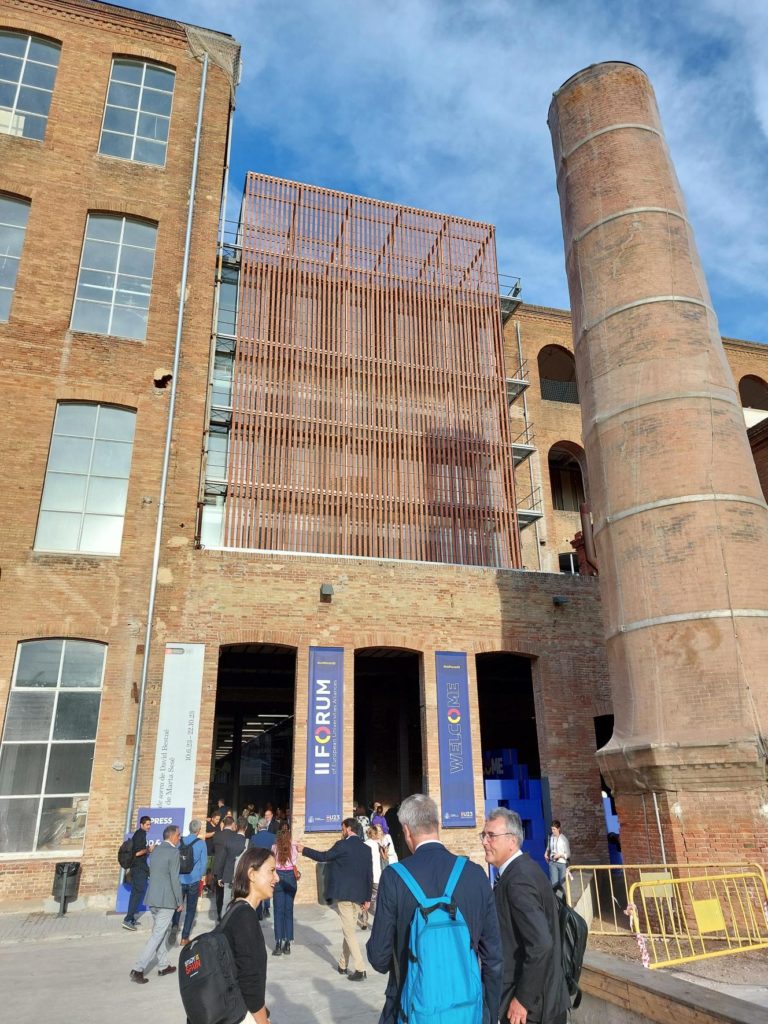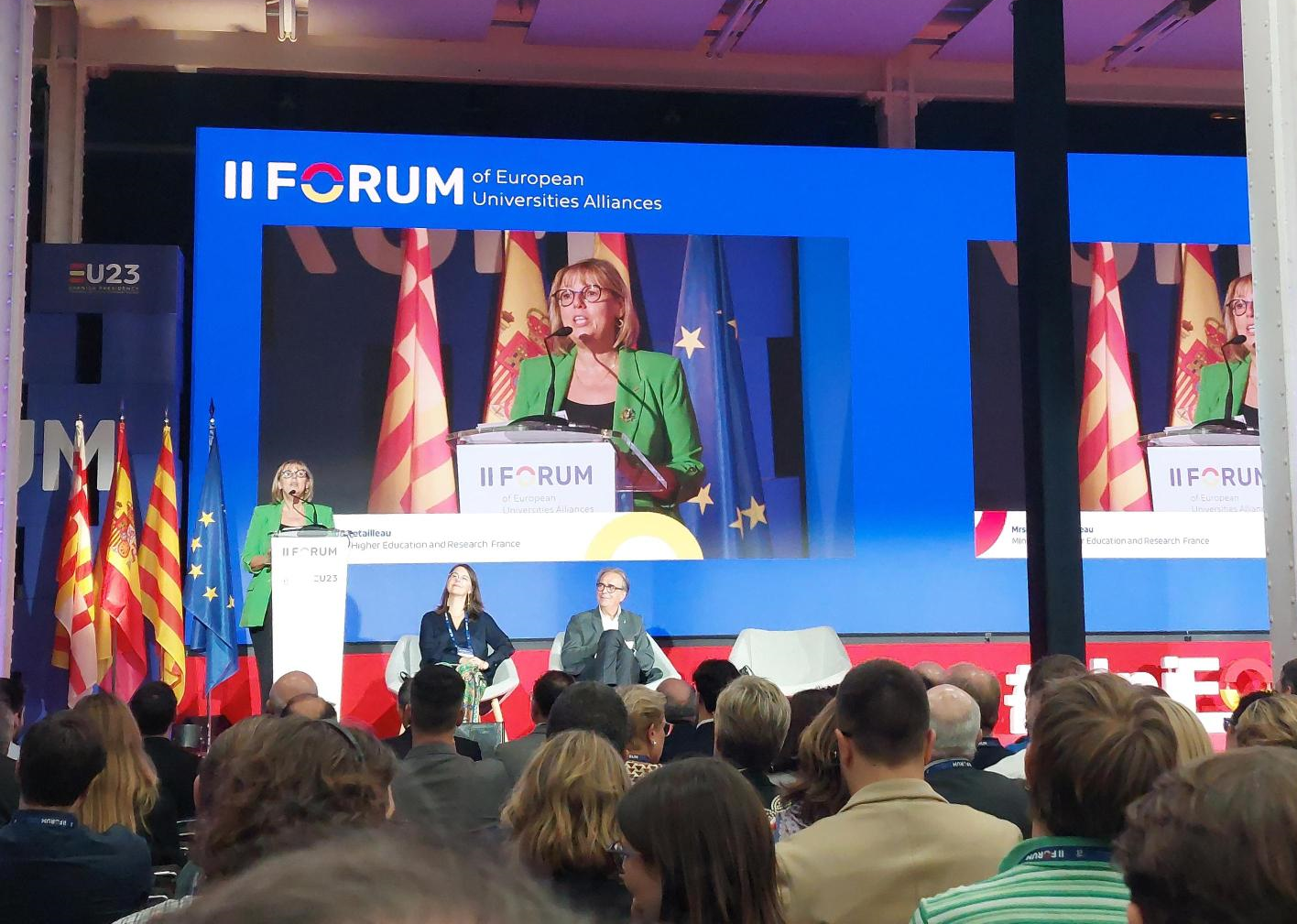What themes were addressed in Barcelona?
On the eve of the event, in her State of the Union address to the European Parliament in Strasbourg, European Commission President Ursula von der Leyen sent out a clear message, making the goal of a European diploma by 2024 one of her priorities in the field of higher education. The subject was widely discussed at the European University Alliances Forum in Barcelona.
The future of alliances from the point of view of the European Commission and member states was also on the agenda. The other very important announcement from the commission was made by Sophia Eriksson, Director for Youth, Education and Erasmus+: between now and 2027, the commission is committed to a work plan to define sustainable funding arrangements for the alliances, as part of the next Erasmus+ mandate.
What is your general feedback on the event?
It was a very productive event. The sticking points were addressed, and there were plenty of testimonials to share best practices. We sensed a willingness on everyone’s part to move forward, and above all a willingness to respond to the commission’s request to move from a project mode to a phase of institutional transformation. Europe’s universities must become catalysts for higher education and initiate actions to transform and innovate their institutions.

“Enable European students to obtain degrees prepared in several European universities”.
Jean-Marc Planeix
What are the directions and topics to be developed?
The first point to develop is that mentioned by Sophia Eriksson: the initial aim of the initiative is to enable European students to obtain degrees prepared in several European universities. There are two major steps forward: micro-credits and the European diploma. In this respect, the FOCI project leader’s presentation was particularly noteworthy.
Other topics covered included the harmonization of accreditation between European agencies, and the urgent need to converge national regulations on diploma recognition. And then there’s the challenge of promoting the role of European alliances on an international scale. The other very important point is the recognition of the diversity of alliances by the Commission and the States. Finally, the close relationship between training and research was once again emphasized by alliance representatives. This is an issue that the commission has identified as a priority in its reflections on the future of alliances.






